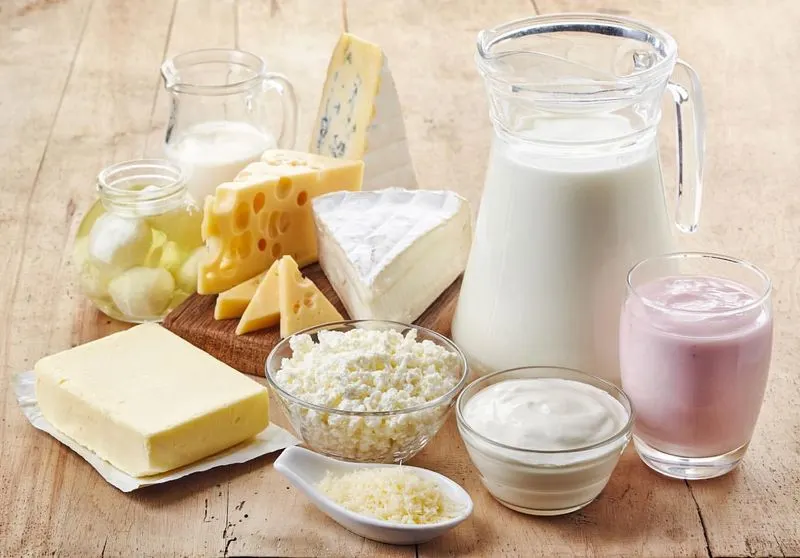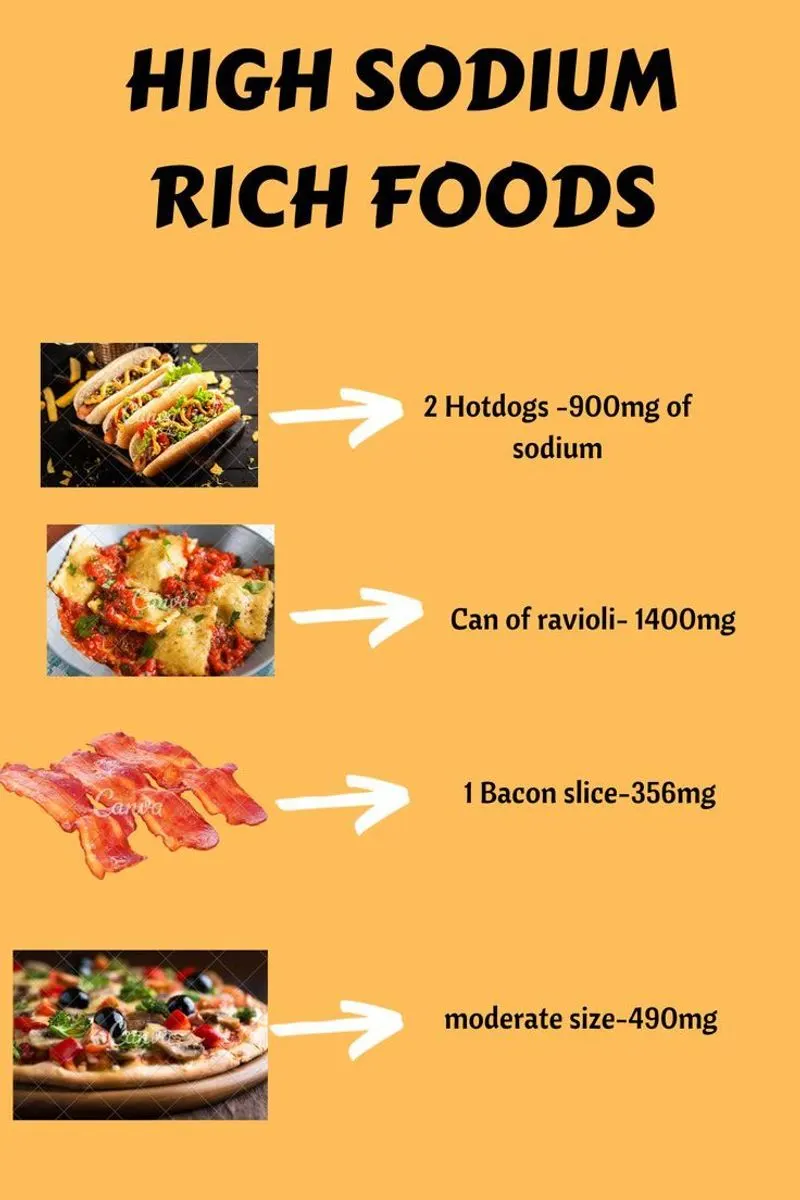As we get older, what we eat starts to play an even bigger role in how we feel. Some foods that might have been fine in your younger years can become less forgiving, impacting everything from digestion to heart health.
It’s not about giving up everything you love—it’s about making smarter choices that help you stay healthy and energized.
These 10 foods are ones to watch out for once you hit 60. Avoiding or limiting them can make a real difference in how your body functions, helping you feel your best while still enjoying a satisfying and delicious diet.
Processed Meats

Processed meats, often high in sodium and preservatives, are a staple many enjoy. However, these can elevate blood pressure and increase heart disease risk.
Lowering consumption is crucial, especially after sixty. Opt for fresh varieties like chicken or fish to support heart health.
Incorporating more plant-based proteins can also be beneficial. Finding ways to flavor meals without relying on processed options can transform your diet positively.
Cooking with herbs and spices helps maintain deliciousness without harmful additives. Adjusting your palate is a small change with significant health benefits.
Sugary Drinks

Sugary drinks might quench thirst quickly, but they bring excess calories and sugar, contributing to weight gain and diabetes risk. As metabolism slows with age, it’s vital to choose beverages wisely.
Water remains the best option, offering hydration without extra calories. For flavor, consider infusing water with fruits or herbs.
Herbal teas are another excellent choice, providing variety without sugar. Reducing sugary drink intake not only aids weight management but also supports overall health.
This simple switch can make a significant difference as you embrace the golden years.
White Bread

White bread, though soft and convenient, lacks essential nutrients needed for aging bodies. Its high glycemic index can spike blood sugar levels, posing challenges for those with diabetes.
Transitioning to whole-grain options provides better nutrition and sustained energy. These alternatives offer higher fiber content, promoting digestive health and cardiovascular benefits.
By making this switch, you support long-term vitality and well-being. Whole grains also offer a richer taste, enhancing meal satisfaction.
Consider trying different grains to find flavors you enjoy while nourishing your body effectively.
Fried Foods

Fried foods grab attention with their crispy allure, yet they often come loaded with unhealthy fats and calories. These can strain the heart and waistline, making them less ideal for those over sixty.
It’s wise to explore baking or grilling as healthier alternatives that maintain taste without the added oil. Trying different cooking methods can pleasantly surprise your palate.
Experimenting with spices and seasonings enhances flavors naturally. Embracing these techniques benefits heart health and aids in maintaining a balanced diet.
Full-Fat Dairy

Full-fat dairy products, while creamy and satisfying, are high in saturated fats, potentially impacting cholesterol levels. Opting for reduced-fat or non-dairy alternatives can provide similar satisfaction without the added risk.
These choices support a heart-healthy lifestyle, crucial in later life. Exploring plant-based dairy options opens up new flavors and textures.
Almond, soy, or oat milk can be delicious substitutes. Making mindful dairy choices contributes to managing weight and maintaining cardiovascular health, proving beneficial as dietary needs evolve with age.
High-Sodium Foods

High-sodium foods, prevalent in canned and processed items, can exacerbate hypertension and other cardiovascular issues. As age increases, monitoring sodium intake becomes essential.
Opt for fresh produce and low-sodium alternatives to manage blood pressure effectively. Cooking from scratch allows better control over ingredients and seasoning.
Embracing herbs and spices can enhance flavors naturally. This adjustment supports heart health and enhances overall well-being.
By decreasing reliance on salty foods, you make a positive impact on your diet and health.
Alcohol

Alcohol consumption, though socially enjoyable, can have heightened effects on the body as it ages. Increased sensitivity can impact liver function and interact negatively with medications.
It’s vital to moderate intake or explore non-alcoholic options. Prioritizing hydration with water or flavored non-alcoholic beverages supports health.
Celebrating responsibly ensures you enjoy social gatherings without compromising well-being. Exploring alcohol-free alternatives can also introduce new tastes and experiences.
This mindful approach contributes positively to overall health and lifestyle.
Pastries and Cakes

Pastries and cakes, though delightful, often contain high levels of sugar and unhealthy fats. Consuming these regularly can contribute to weight gain and elevated cholesterol levels.
Finding healthier dessert alternatives is key. Enjoying fruit or yogurt satisfies sweet cravings while providing nutrients.
Baking with whole grains and reducing sugar in recipes also offers healthier options. By making these swaps, you enhance health without sacrificing taste.
Being mindful of dessert choices supports a balanced diet and better health outcomes.
Fast Food

Fast food, while convenient, may not align with nutritional needs after sixty. High in unhealthy fats, sodium, and calories, they can affect heart health and weight.
Embracing home-cooked meals allows for better ingredient control and healthier preparations. Experimenting with recipes can rejuvenate meal times and introduce varied nutrients.
Cooking at home also fosters creativity in the kitchen. This practice supports a healthier, more satisfying diet, aligning with aging nutritional goals.
Making this shift enhances not just health, but also culinary enjoyment.
Artificial Sweeteners

Artificial sweeteners, though marketed as healthier sugar substitutes, can sometimes lead to digestive issues and cravings. As dietary habits evolve after sixty, exploring natural sweeteners can be beneficial.
Options like honey, maple syrup, or stevia offer sweetness without artificial additives. Moderation is key, ensuring balanced blood sugar levels and satisfying taste buds.
By choosing natural over artificial, you support digestive health and enjoy more authentic flavors. This mindful choice contributes positively to dietary well-being, enhancing health in a simple yet effective way.

